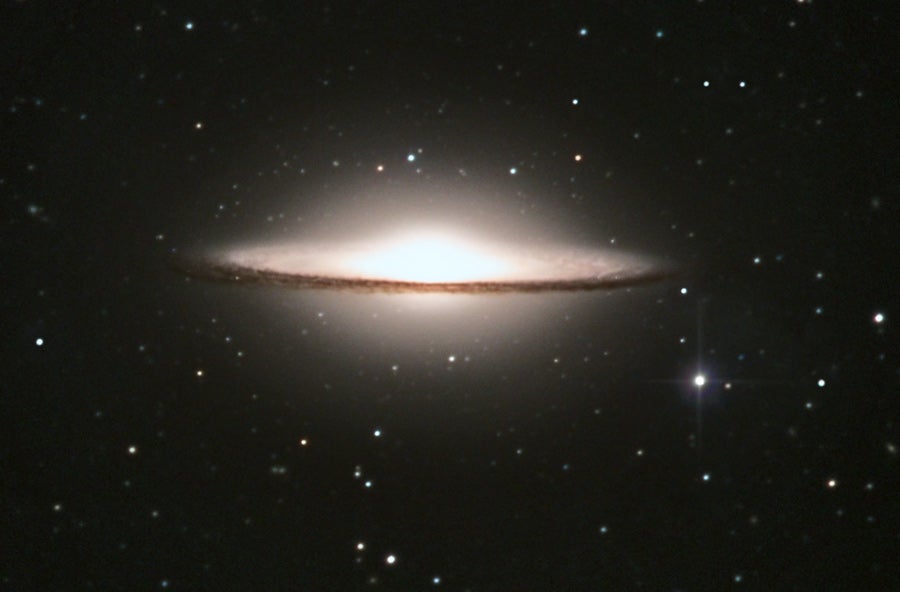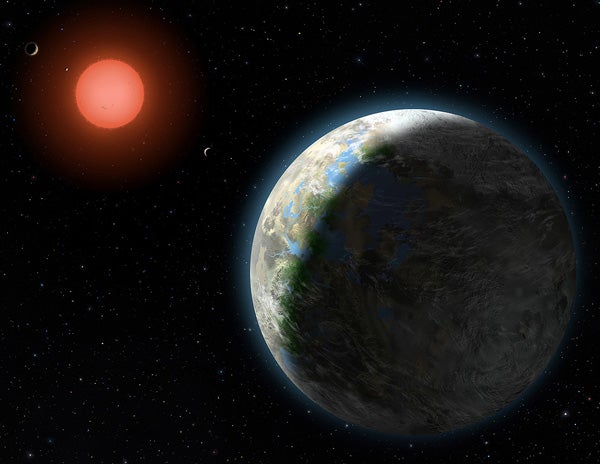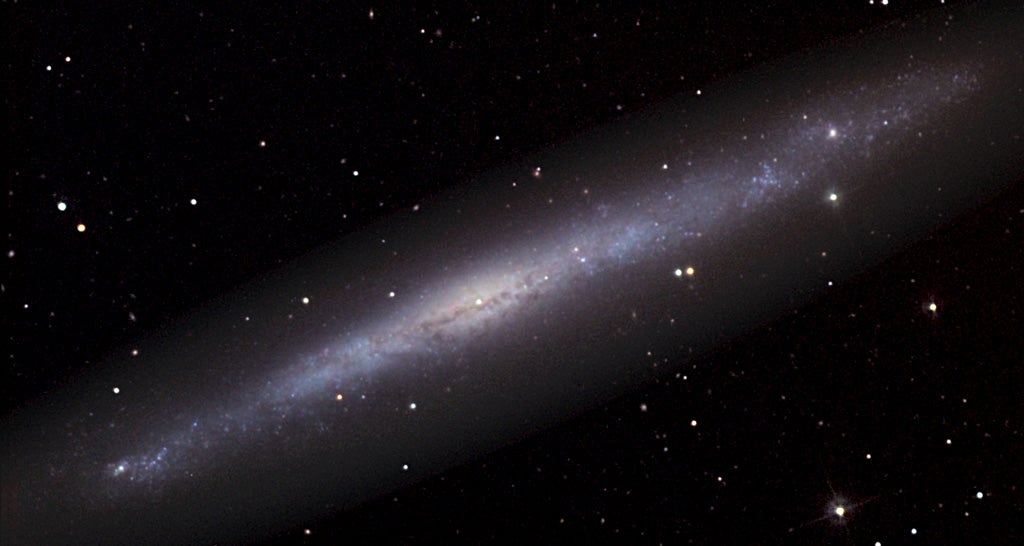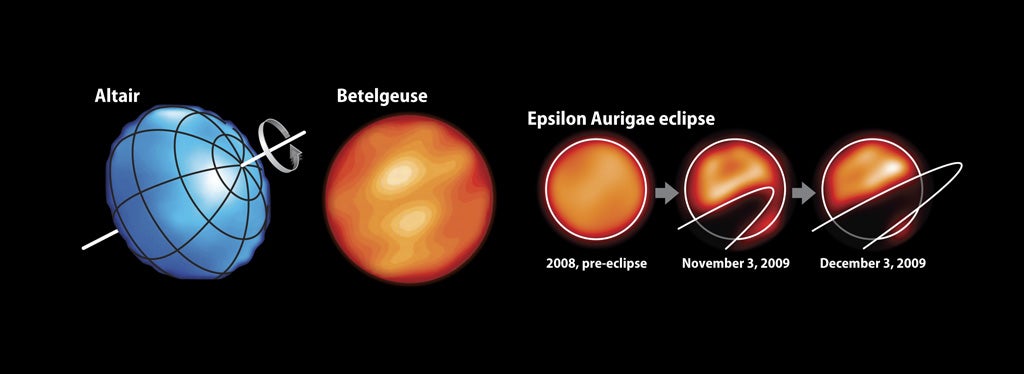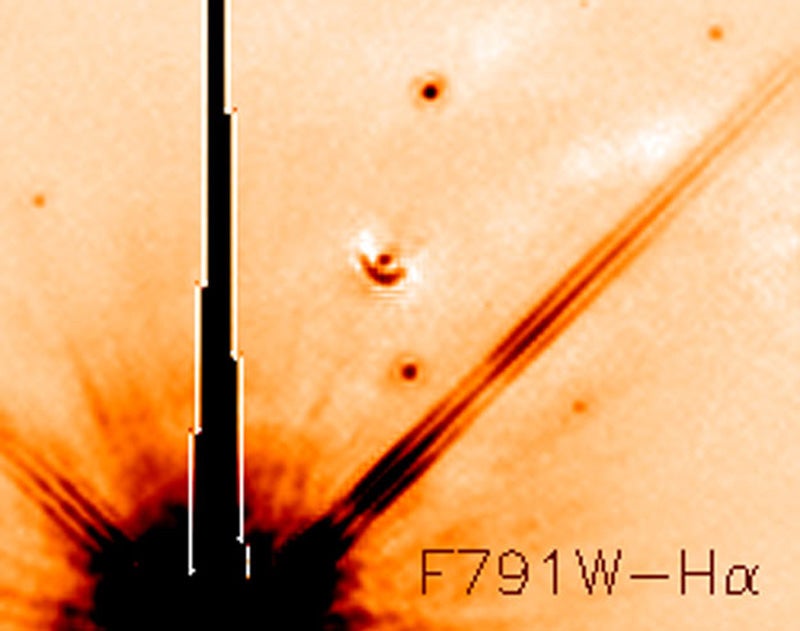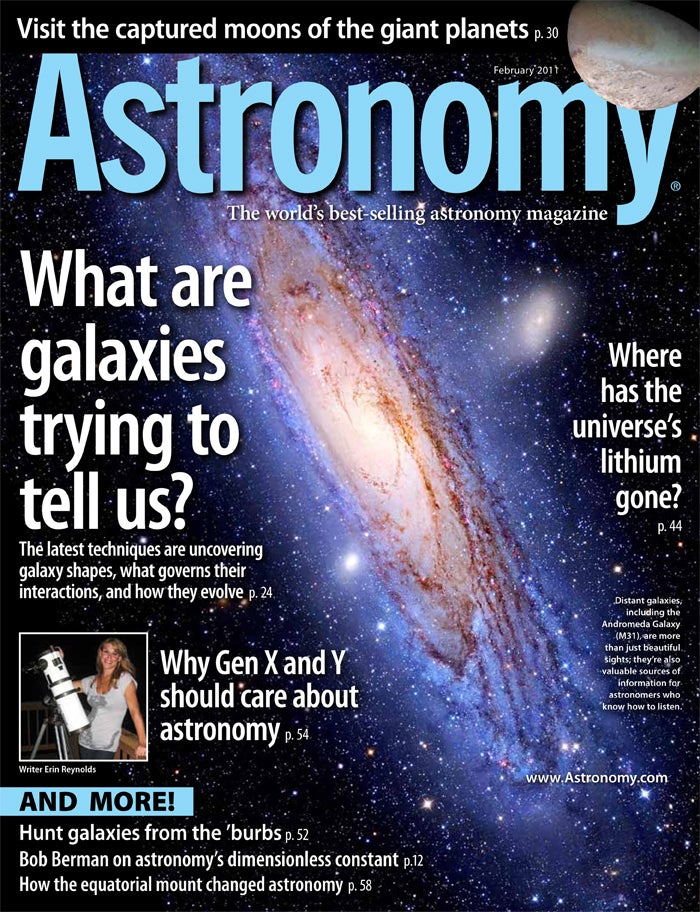
February 2011
The world's best-selling astronomy magazine offers you the most exciting, visually stunning, and timely coverage of the heavens above. Each monthly issue includes expert science reporting, vivid color photography, complete sky coverage, spot-on observing tips, informative telescope reviews, and much more! All this in an easy-to-understand, user-friendly style that's perfect for astronomers at any level.
Features
What are galaxies trying to tell us?
Astronomers are using the latest techniques to learn what gives galaxies their shapes, what governs their interaction, and how they evolve.
Web Extra: Behind the scenes of galactic research
Find out the state of affairs in galaxy-black hole research and how you can help scientists learn more.
Captured moons of the giant planets
Most satellites of the outer solar system didn’t form with their host planets. So where did they come from?
Web Extra: Saturn’s oddball moon
Phoebe is the most-studied irregular satellite.
Where has all the lithium gone?
A relative lack of lithium in ancient stars means scientists don’t completely understand how stars evolve or how the Big Bang forged the first elements.
Web Extra: How the Big Bang forged the first elements
The paltry amount of lithium in ancient stars raises questions about exactly how nucleosynthesis played out in the early universe. But cosmologists have a pretty good handle on how nuclear reactions created hydrogen and helium.
How to hunt galaxies from the suburbs
You can see galaxies through moderate light pollution. The key is knowing where to look.
Web Extra: Suburban galaxies you can spot
Enjoy more images of bright galaxies you might be able to see from home.
Why Gen X and Y should care about astronomy
It doesn’t take a genius to see the lack of young adults in our hobby. Yet an appreciation of the universe should be right up their alley.
Web Extra: Welcome to astronomy
Gaining an appreciation of the universe and our place in it is not as hard as you might imagine.
How the equatorial mount changed astronomy
An innovative design that allowed telescopes to track the sky made it the star of the 19th century — and today.
Departments
Ask Astro
The Sky this Month
In Every Issue
This Month in Astronomy
Web Talk
New Products
Advertiser Index
Reader Gallery
Web Talk
New Products
Advertiser Index
Reader Gallery
Letters
Astro News
The Cosmic Grid
Deep-sky Showcase
Astro News
The Cosmic Grid
Deep-sky Showcase








